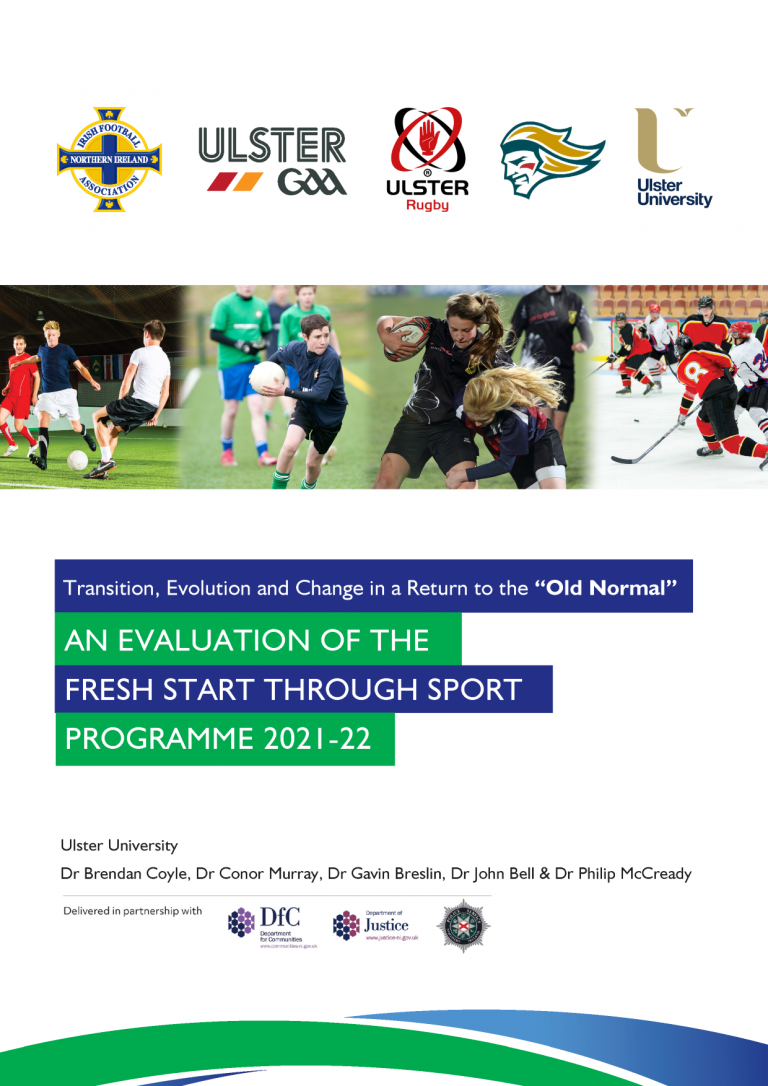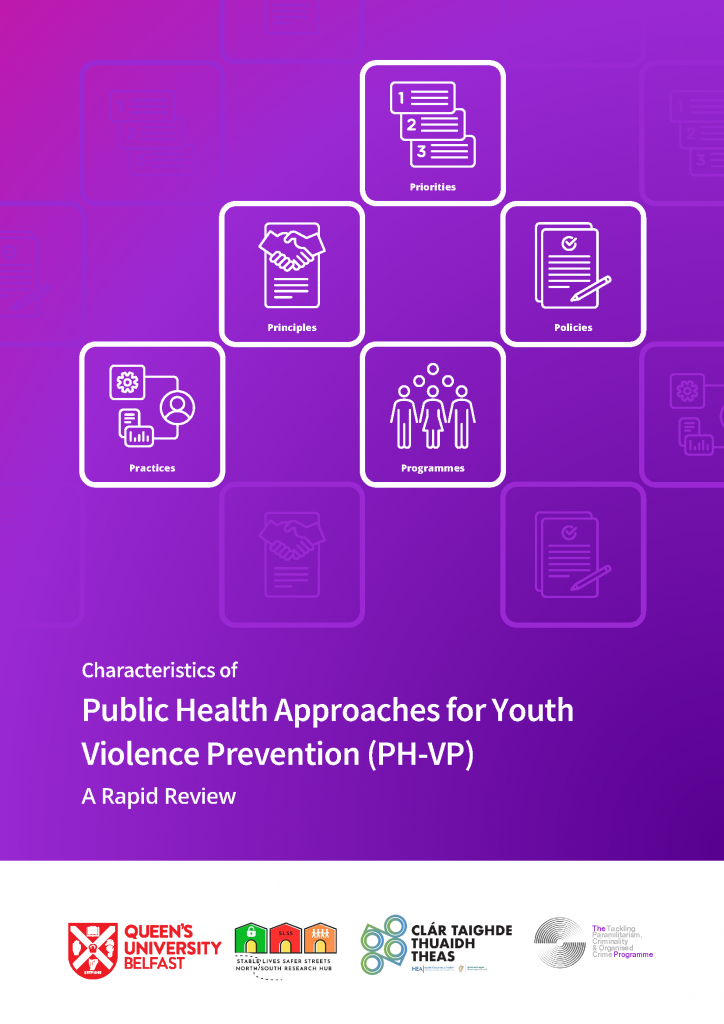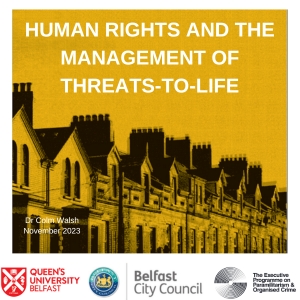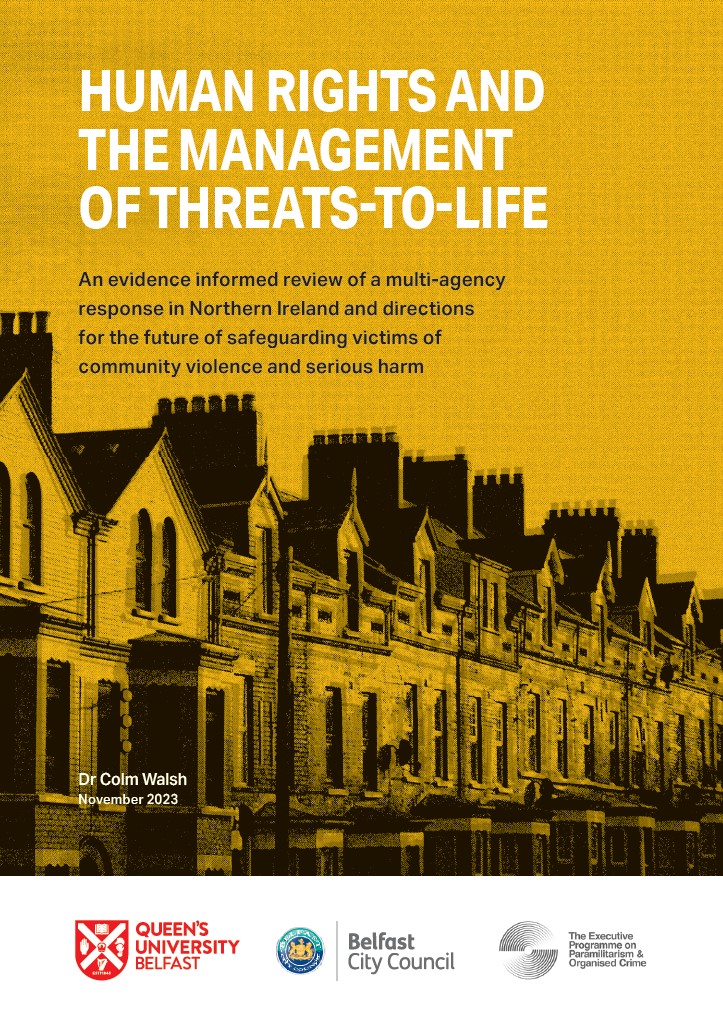An evaluation by Ulster University highlights the successes of the Department for Communities (DfC) Fresh Start Through Sport programme in 2021-22. Funded by the NI Executive’s Tackling Paramilitarism, Criminality and Organised Crime Programme and delivered by the Irish Football Association, Ulster Rugby, Ulster GAA and the Belfast Giants, the programme uses sport to engage young people identified as potentially vulnerable to paramilitary or criminal exploitation.
The return to in-person delivery enabled facilitators to build mentoring relationships with participants. A key benefit was challenging expectations – participants from different cultural backgrounds had never had the opportunities to try different sports and very few from any background had ever had the chance to try ice hocky. This helped break down barriers and increased connections between participants.
For some participants, Fresh Start Through Sport represented a major positive turning point. One shared: “I had stopped drinking…this is mad…it was all down to the programme.” Many gained knowledge, skills and aspirations for the future.
This evaluation also helpfully highlighted some ongoing challenges around engagement and facility access logistics. But overall, participants gave the experience an average rating of 9.3 out of 10. The new Ambassador programme also aids sustainability, offering graduates a chance to stay involved.
Recommendations from the evaluation include further developing referral and recruitment processes, more background information to facilitate tailored support, formalised pathways to accreditation/coaching, and induction events to enable relationships. With evidence of wide-ranging benefits, the multi-agency programme shows promise in steering vulnerable young people towards positive futures.
To read the report, please click on the link below.






